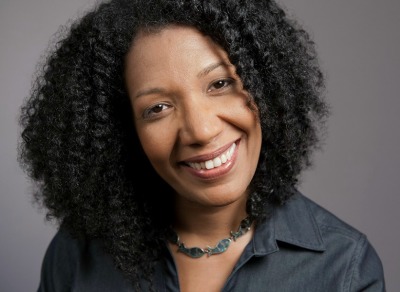US Military Action Has Never Brought Peace to the Middle East and It Won't Now

Nearly 350 diverse national faith leaders gathered in Washington, D.C. at Sojourners' Summit for Change in June. On the final day of the gathering, Dr. David Cortright, Director of Policy Studies at the Kroc Institute for International Peace Studies at the University of Notre Dame, offered the keynote address during a session that examined paths toward peace in the face of violence in Syria.
Dr. Cortright informed the gathering that the Obama administration had recently announced it was considering a plan to send 450 troops to Iraq to open small military bases across the region. The administration said the bases would serve as military "lily pads" across the desert, advising and supporting Iraqi troops in their fight against ISIS.
Cortright quipped, "Think about that, the absurdity of it. Lily pads in the desert!"
Instead, Cortright proposed an image indigenous to the terrain — the oasis. Oases are places of refuge, sustenance, and peace. At the crux of Cortright's argument was the fact that U.S. military engagement has never actually worked to achieve peace in this region. Therefore, he said, we must expand our imagination beyond military solutions to achieve a working peace for Syria and surrounding nations.
"It was the illegal and unjust US invasion of Iraq 12 years ago that led to the rise of al Qaeda in Iraq, which has now morphed into its evil stepchild, the so-called Islamic State," Cortright said.
"U.S. military intervention is the problem, not the solution. Since the U.S. started bombing Iraq and Syria last year, ISIS has grown stronger."
In the months since Cortright's charge the world has witnessed millions of Syrian citizens fleeing the conflict. Having saturated the capacity of neighboring nations to accept refugees, displaced Syrians have continued north through Turkey and Eastern Europe, en route to Germany and neighboring countries. In September, Russia inserted itself into the Syrian military calculus, offering military support for, it claimed, the Assad regime's fight against ISIS. Instead Russian bombs showered insurgent Syrian rebel forces. Recent reports confirm that Russia is actually helping Assad retake Aleppo, the largest city in Syria, from insurgent forces, with an Iranian assist.
In moments like these it is tempting to stand in solidarity with the disciple Peter, who tried to defend the helpless with military might. When Jesus was seized by temple police, Peter took out his blade and sliced off the ear of the high priest's servant, Malchus. (Matt. 26:51-56, Luke 22:50, John 18:10-11). Jesus stopped him.
"Put your sword back into its place; for all who take the sword will perish by the sword," he said.
Jesus — God himself — did not counter violence with more violence. Rather, he picked up Malchus' ear and healed him.
When we are tempted to try to achieve peace through violence, we do well to consider how God responds to violence.
"The earth was a formless void and darkness covered the face of the deep," says Genesis 1:2. In Hebrew, the word for void means "undistinguishable ruin." The word for darkness means misery, destruction, death, and despair. The word for deep means a surging mass. The picture of the beginning that Genesis 1 paints is a surging mass of chaos blanketed with destruction and despair. The chaos, destruction, and despair seem to overwhelm the earth, but they do not overwhelm God. The Spirit of God hovers over it — more powerful than the source of humanity's despair. And God is poised to act against it.
But how?
Here's how: God cuts darkness with light! God interrupts chaos with clarity and new life!
Right now Syria feels like the deep — ruled by chaos, destruction, and despair. The insertion of Russia into the political equation further complicates the calculus. Cortright's warning in June is all the more salient now in autumn. U.S. military action has never worked to achieve peace in the region — how much less so now?
We cannot approach darkness with darkness and think we will overcome it. Darkness can only be limited by light. Not lily pads — oases. Not violence — light and life.
Cortright's Summit keynote was followed by reflections from peace and security practitioners and experts of the region. Dr. Maryann Cusimano Love, Roy Hange, Dr. Maria J. Stephan, and Tim Dixon offered testimony to the ways they have seen the power of God's light to cut darkness. They have witnessed the power of nonviolent action to bring peace in the face of violence.
Listen. Watch. And remember: Only light has the power to limit darkness.





















